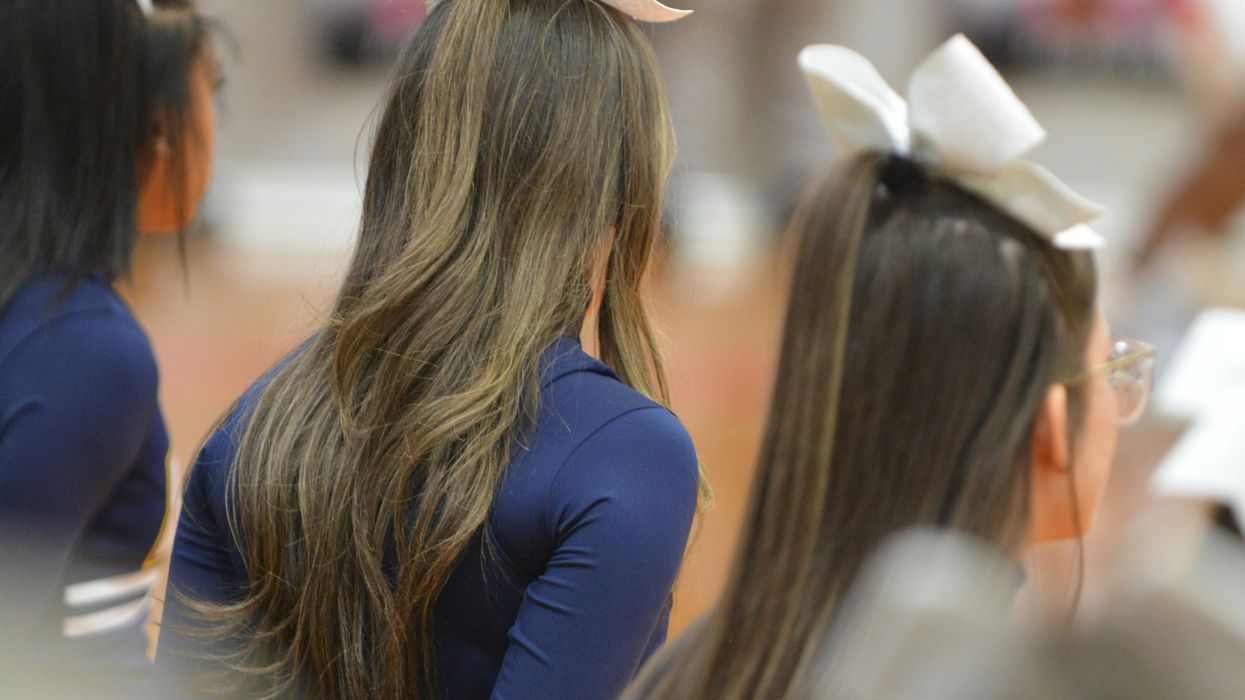Actor Zelda Williams, daughter of the late Robin Williams, created a story about why Disney villains are more relatable than the princes and princesses. And it's pretty convincing, because as kids we all wish we were royalty. But then we grew up, and it's no secret how that feels.
"Screw those unachievable paradigms we called Disney Princesses," Williams begins. For her, the "three-dimensional characters" known as villains are far easier to relate to.
The Little Mermaid: Ursula
What does Ariel do when she wants to find the man whose life she saved? She turns to the tentacled Ursula, who forces Ariel into a magical contract.
All Ariel has to do is give up her voice in exchange for some legs, and she signs willingly on the dotted line. Honestly, do we really need voices anymore? I'd rather have the legs. But anyway.
Williams argues that Ursula's skills in magic and as a businesswoman are underappreciated.
Sure, she had a collection of souls in her house, but is it her fault those people violated their contracts? Gym memberships do the same thing.
Ursula is running a business, says Williams, one sustained by the demands of her underwater market. You're not against capitalism, are you?
The Lion King: Scar
Scar's jaded attitude toward Simba is entirely justified, says Williams, because Simba is a "snooty royal" who thinks he "owns the entire planet" (why does this sound so familiar?). Scar found it annoying, and was also embittered because he is named after a facial blemish. Imagine being named "Zit" or "Cold Sore."
While Scar encouraged Simba to explore the world and broaden his horizons, Mufasa insisted on teaching Simba lessons on how to be a king, thus creating a self-insulating universe in which Simba had to stay.
In conclusion, Scar ended the mistreatment of the hyenas and tried to establish a new, modern government, only to be murdered for questioning his brother's authority. Granted, it was to advance his own power, but isn't that more relatable than being born to inherit a throne?
Sleeping Beauty: Maleficent
Williams describes her as "a fashion icon with amazing dental hygiene," and identifies with her overreaction to "not being invited to a party." Same.
Additionally, Williams notes that Maleficent isn't the "weirdo" in Sleeping Beauty, because unlike the prince, she's not wandering into bedrooms kissing sleeping girls. Not doing that is pretty relatable. Pretty sure SVU has done an episode or two on this.
Like, look at how well-dressed the villains always are. Williams has a point. The princes' and princesses' wardrobes? Not usually all that impressive.
Gaston from Beauty and the Beast even had chest hair. Ya know, because most men have chest hair. In case you haven't noticed, most guys don't look like Prince Eric (we all know he's the hottest one).
Williams also appreciated the diversity in body types throughout Disney's library. And they are all brilliantly dressed.
One Twitter user referred to Williams' analysis as "narrative gymnastics," implying that relating to villains being easier than finding things in common with royal children is crazy. But is it crazy? Ask yourself - when you're adulting, which characters do you channel? Yeah, exactly.
Williams suggested that it may be a good idea to take her ideas a little less seriously.
I think Williams has a point.


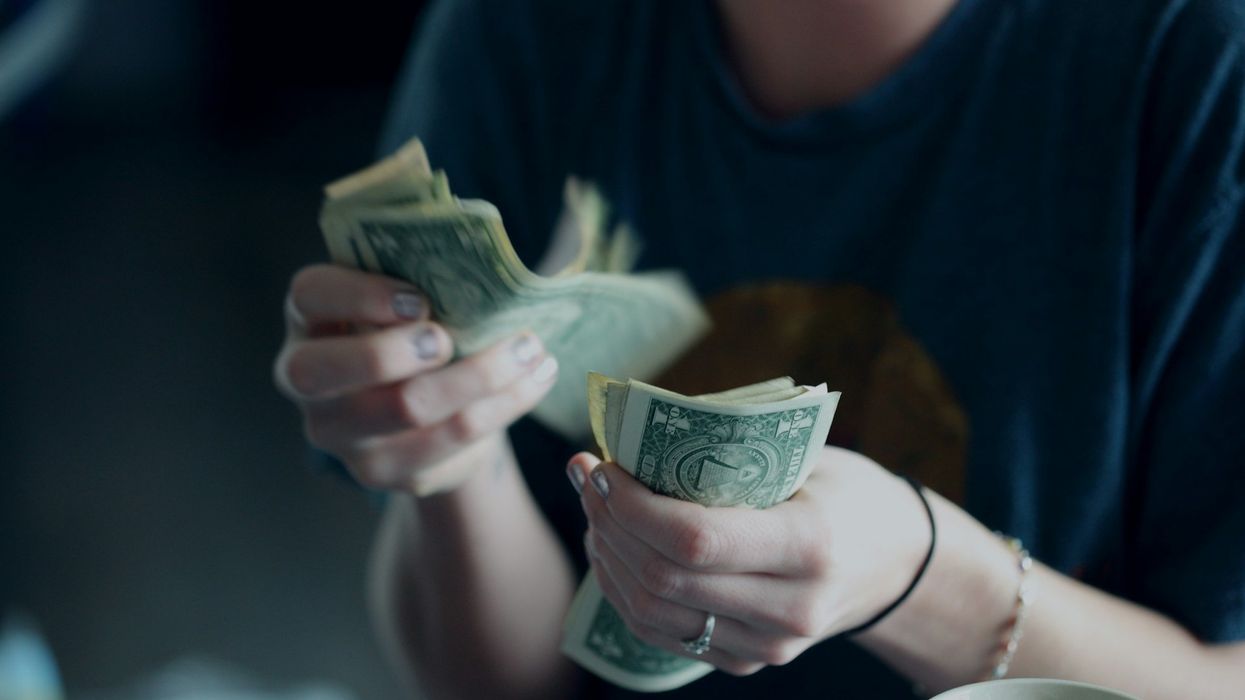
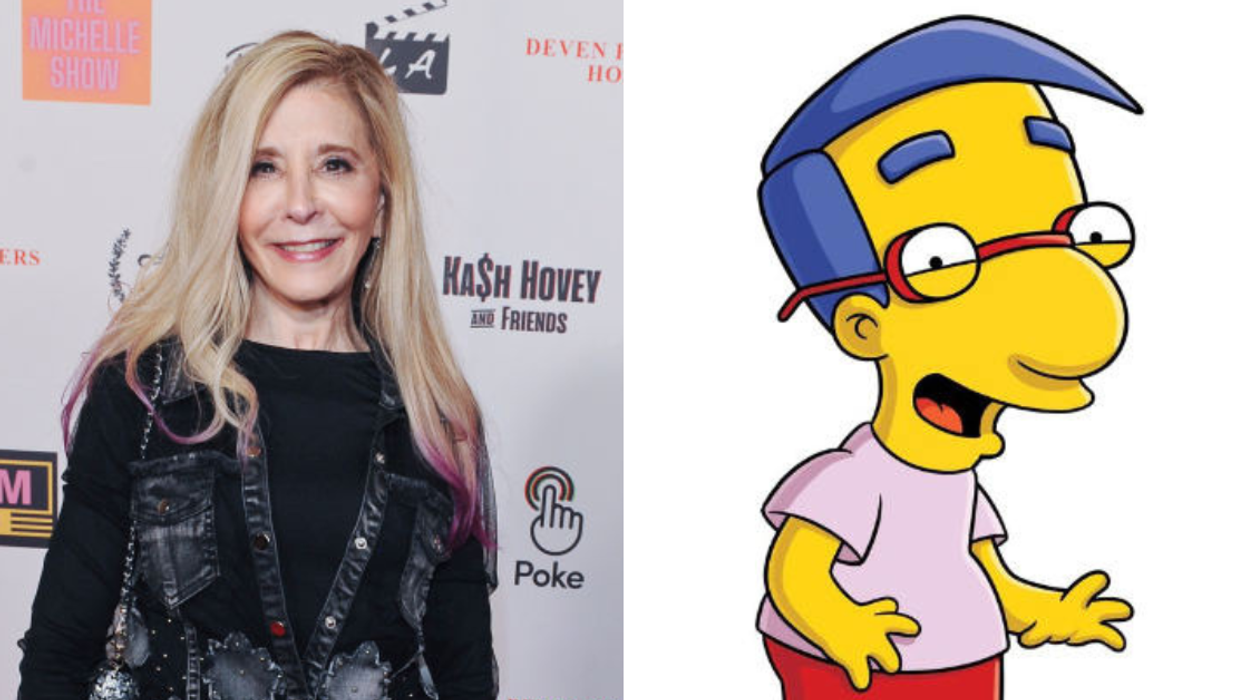
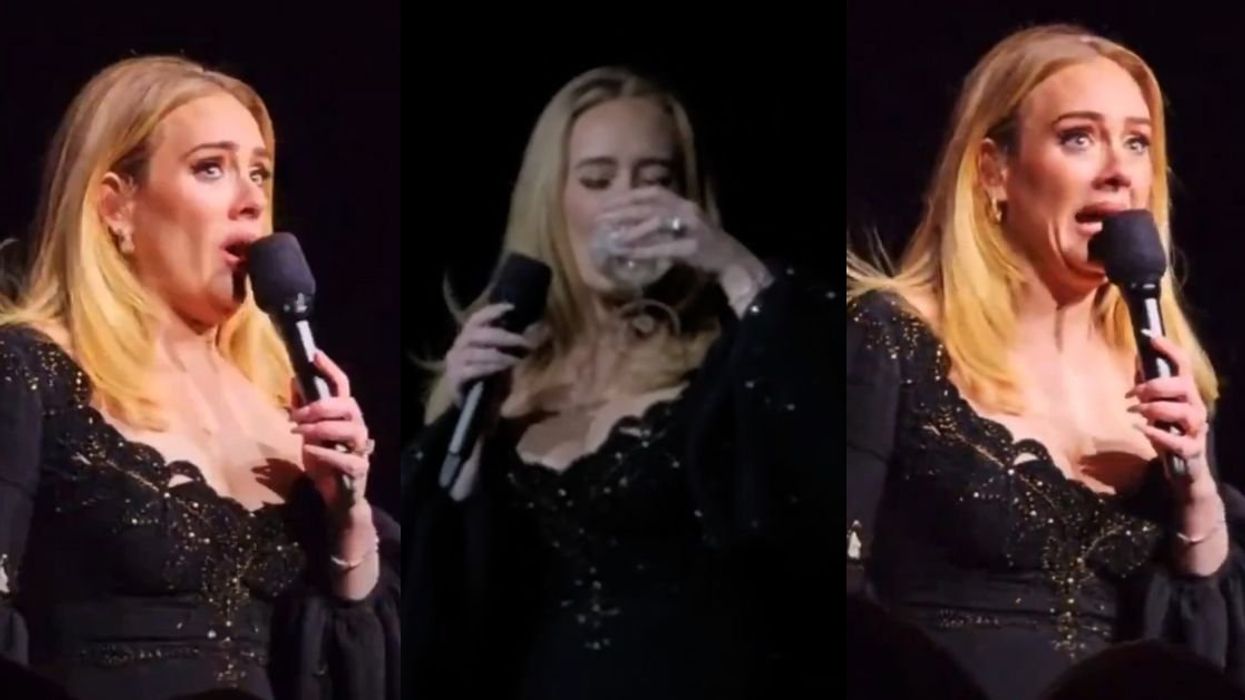
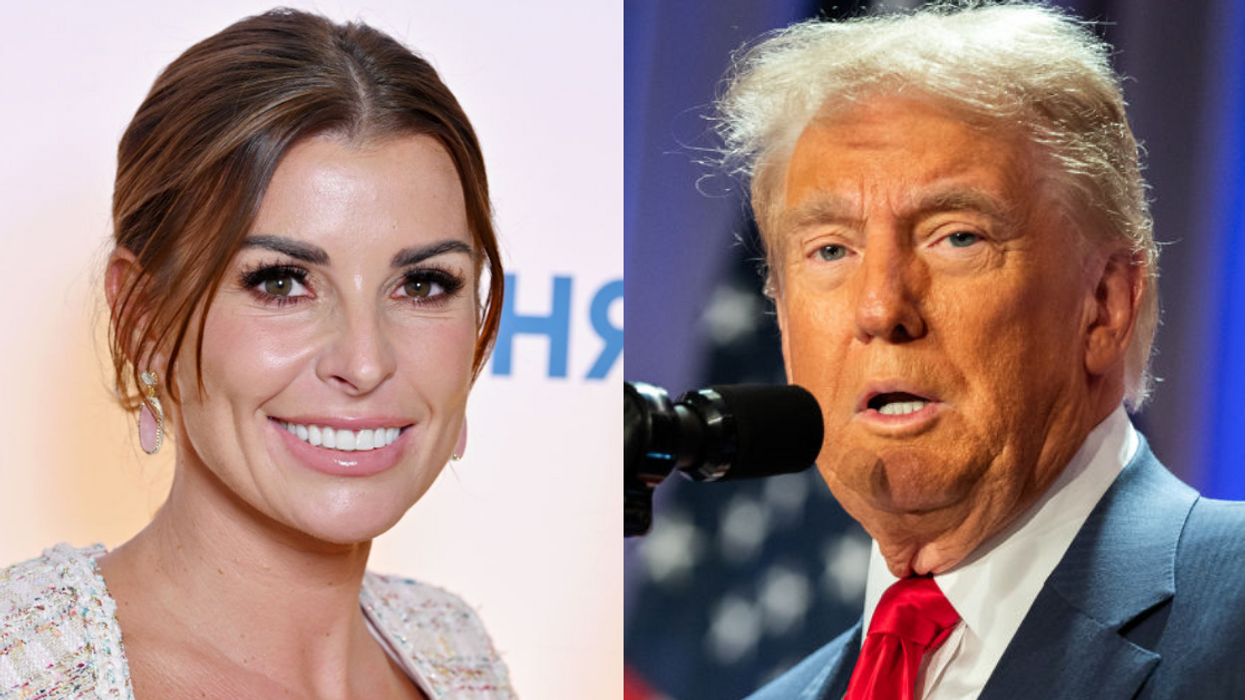

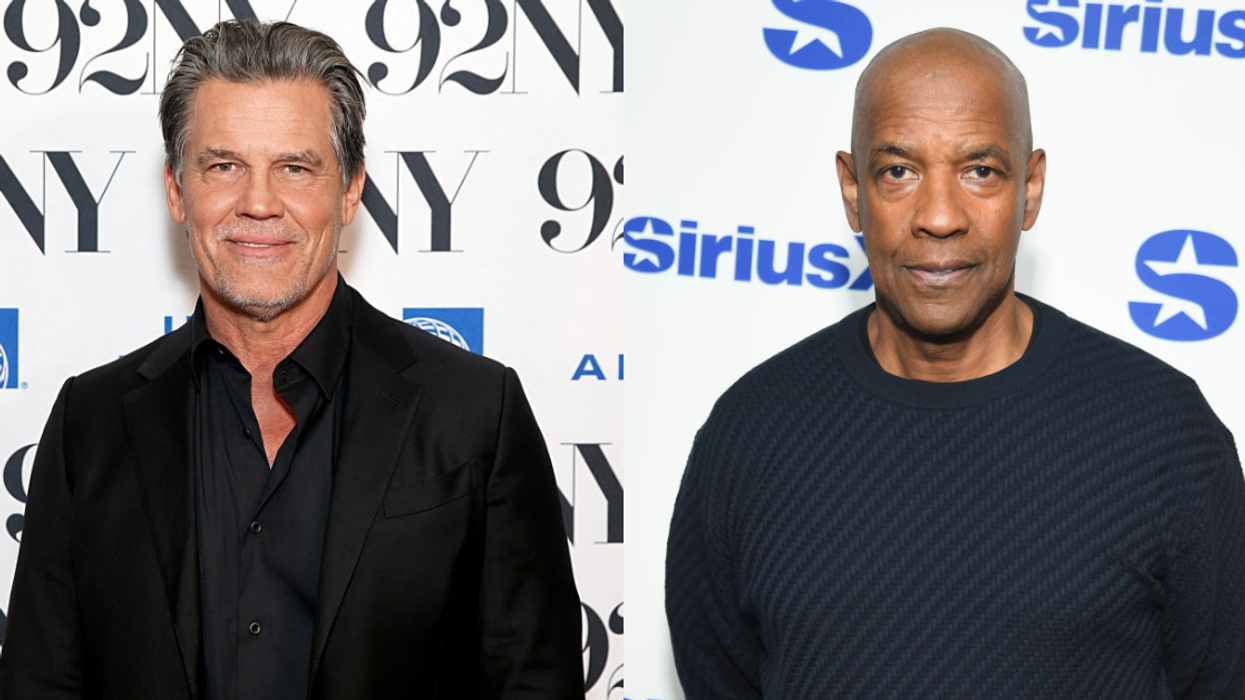
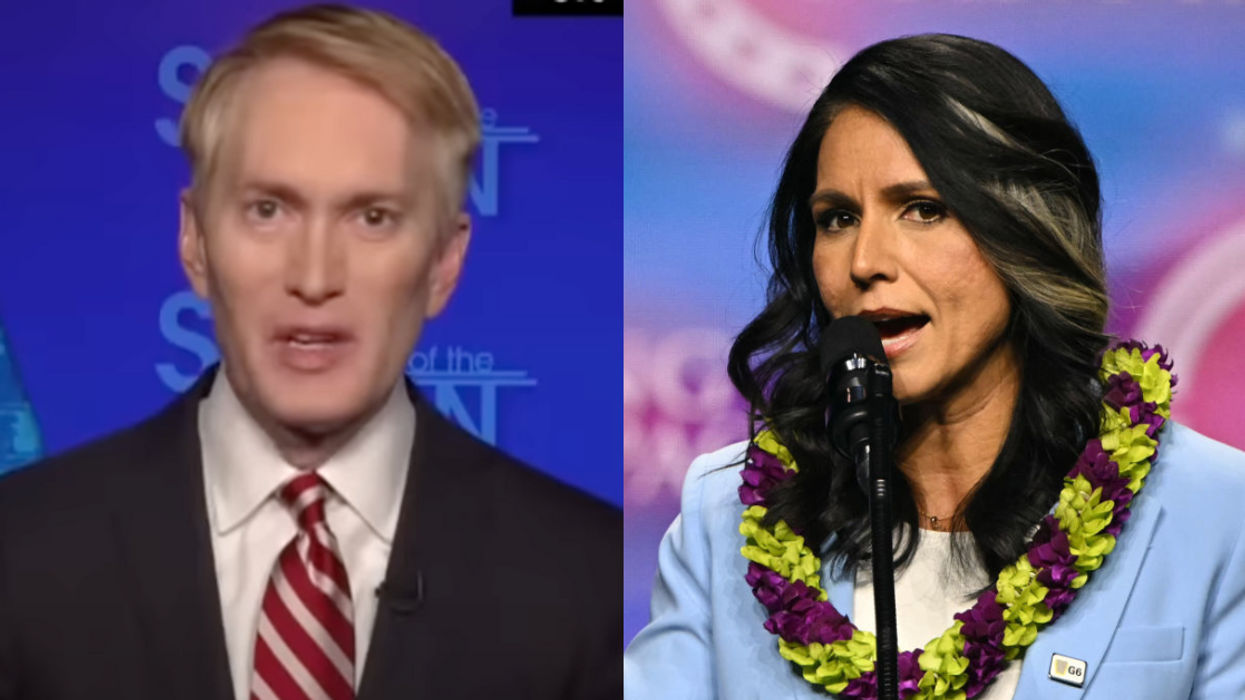
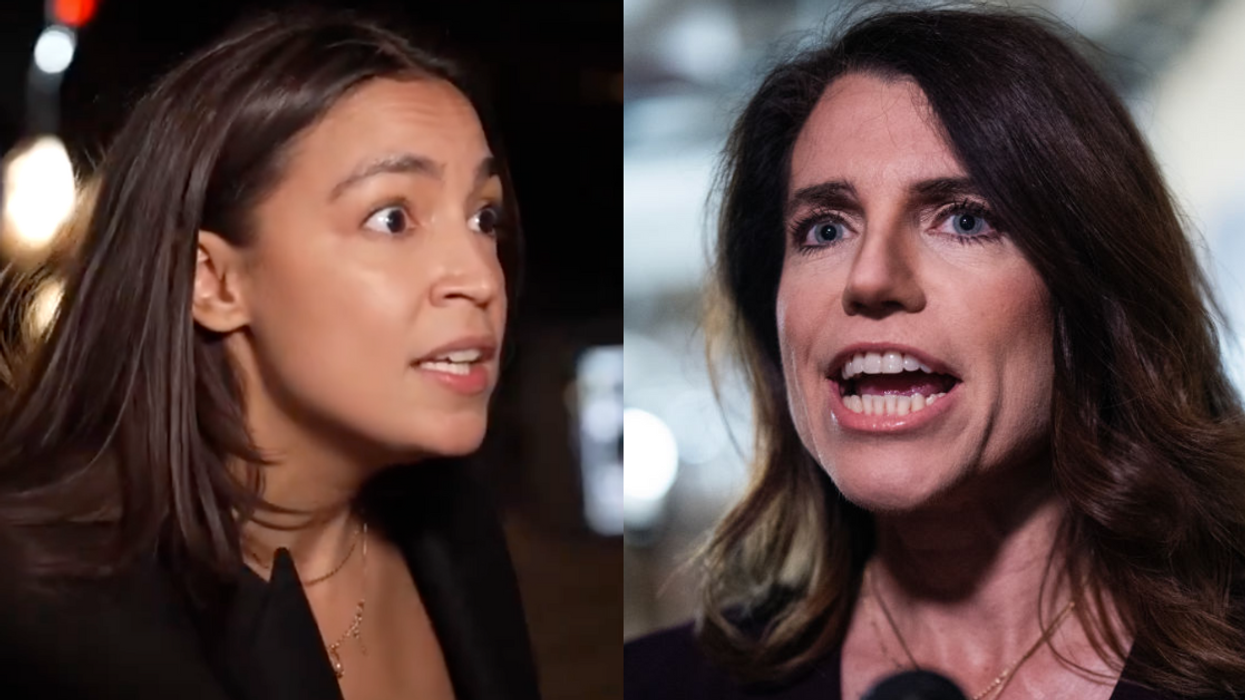
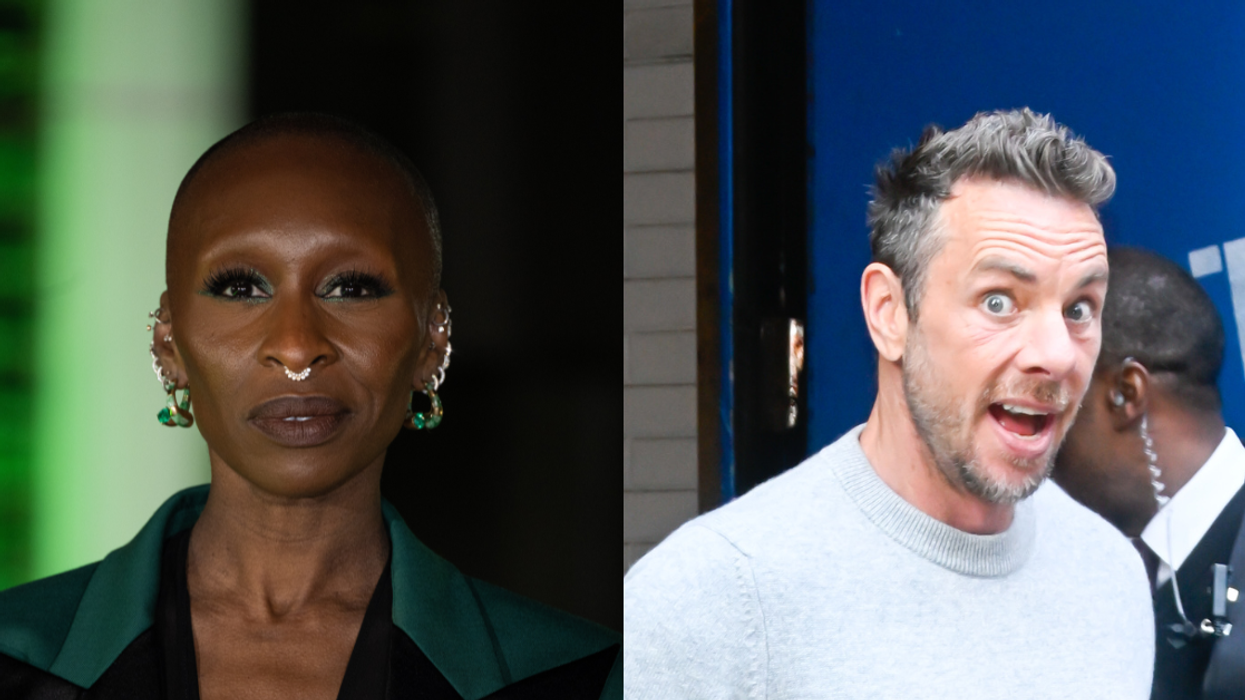
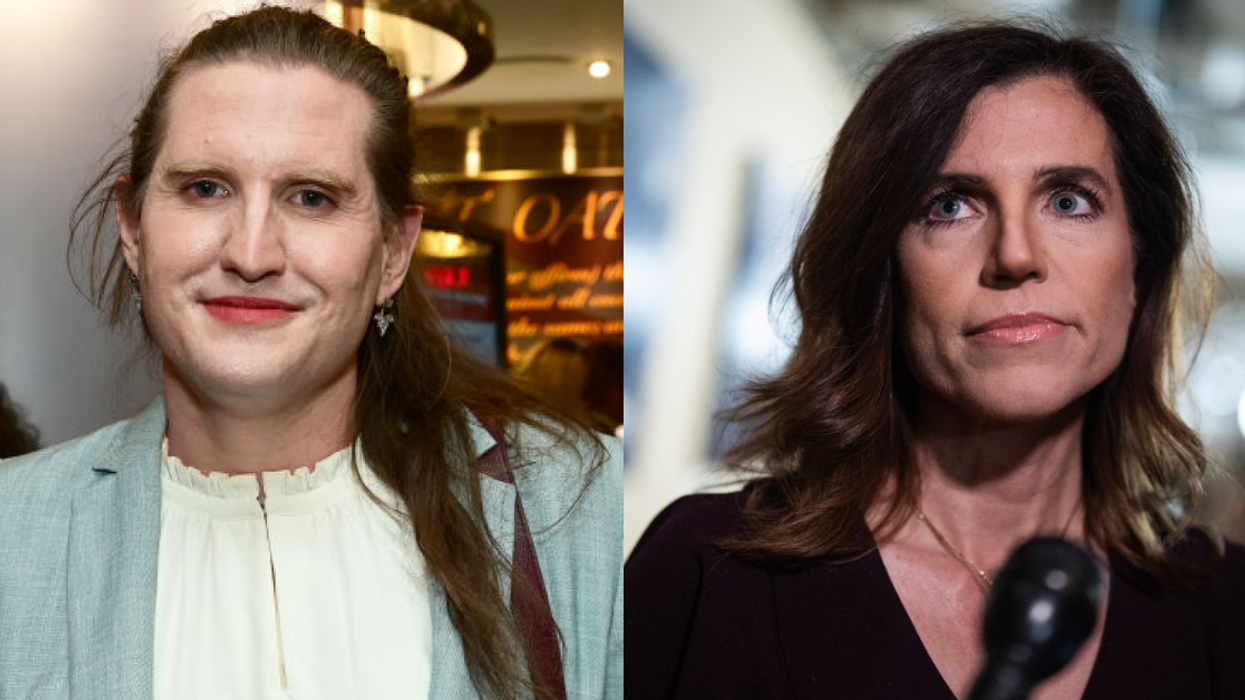
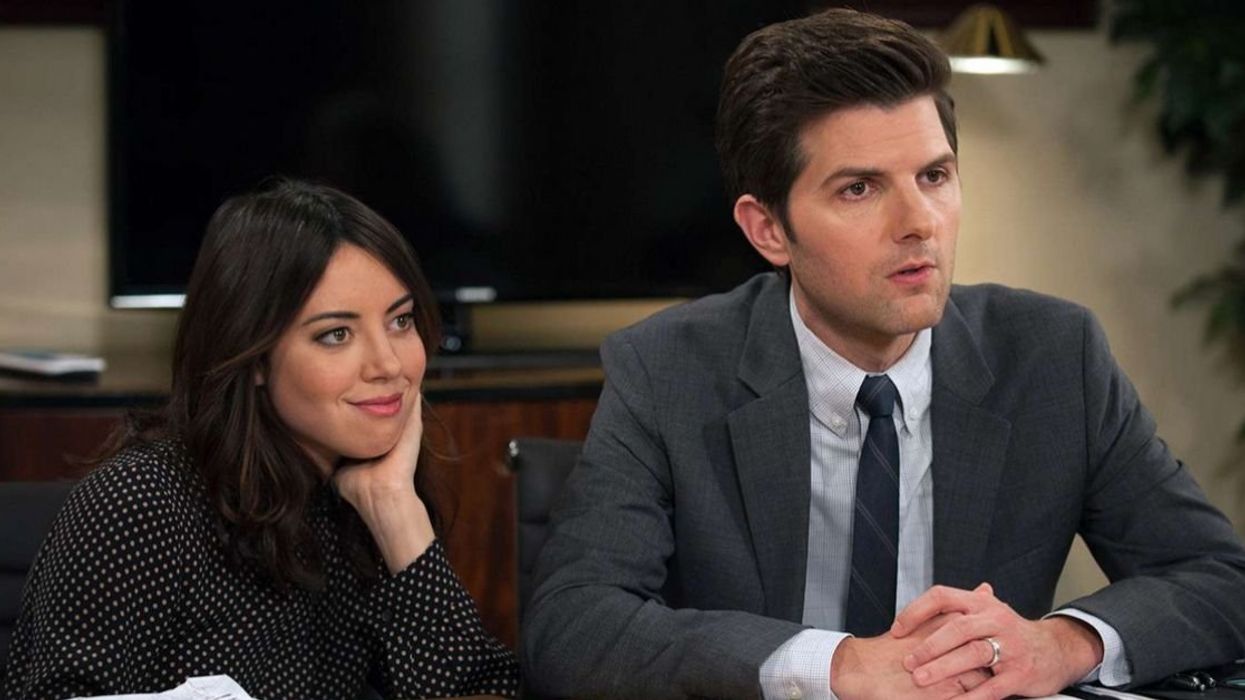
 Ortuatra/Reddit
Ortuatra/Reddit  MarsRocks97/Reddit
MarsRocks97/Reddit Mistrblank/Reddit
Mistrblank/Reddit StubbornNobody/Reddit
StubbornNobody/Reddit Dr_Jackwagon/Reddit
Dr_Jackwagon/Reddit Sure_Phase5925/Reddit
Sure_Phase5925/Reddit Middle-Potential5765/Reddit
Middle-Potential5765/Reddit samanime/Reddit
samanime/Reddit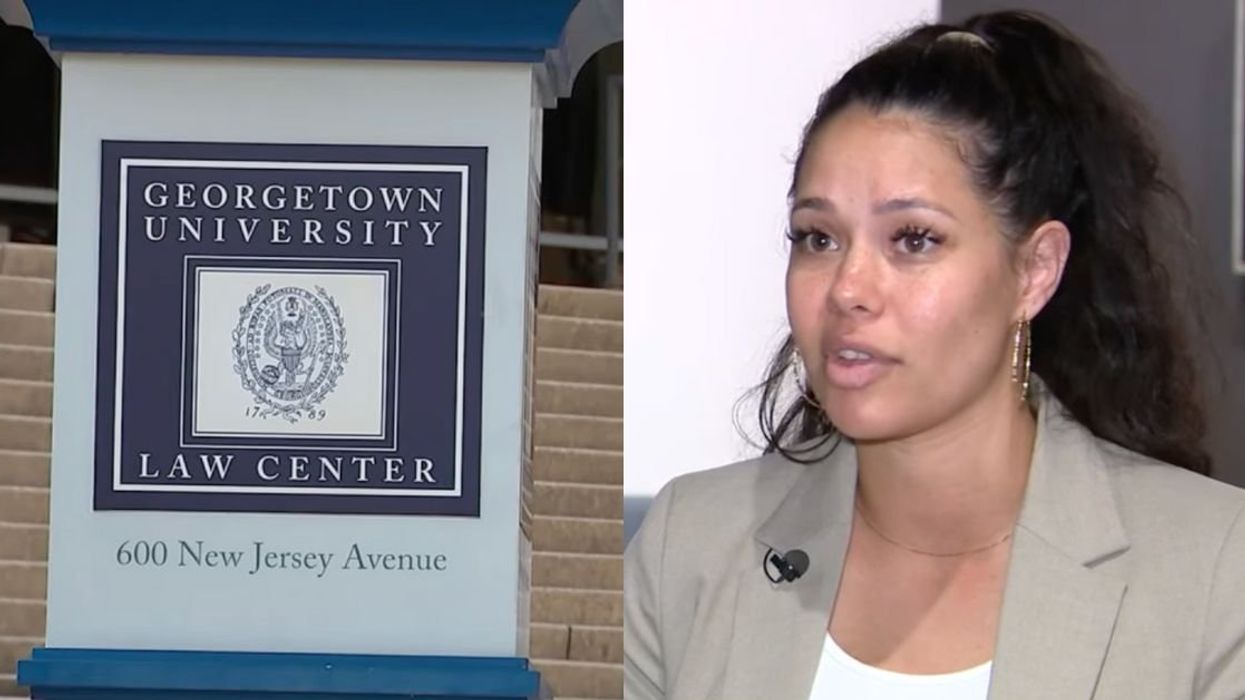
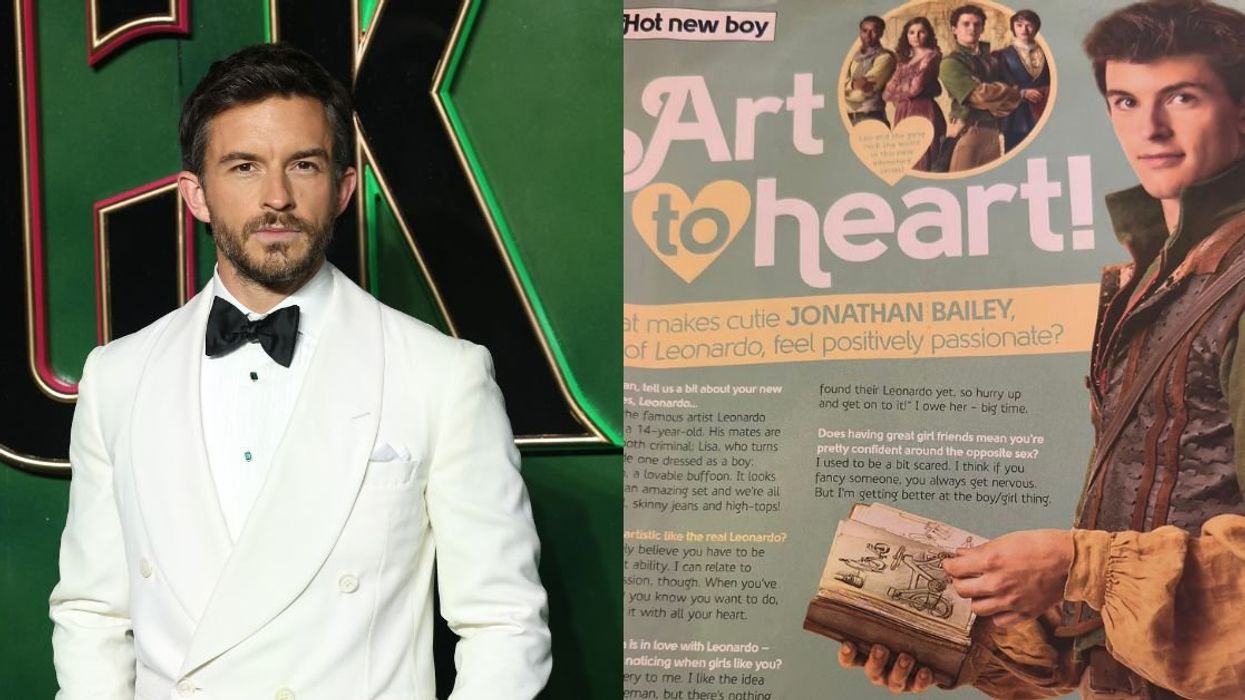
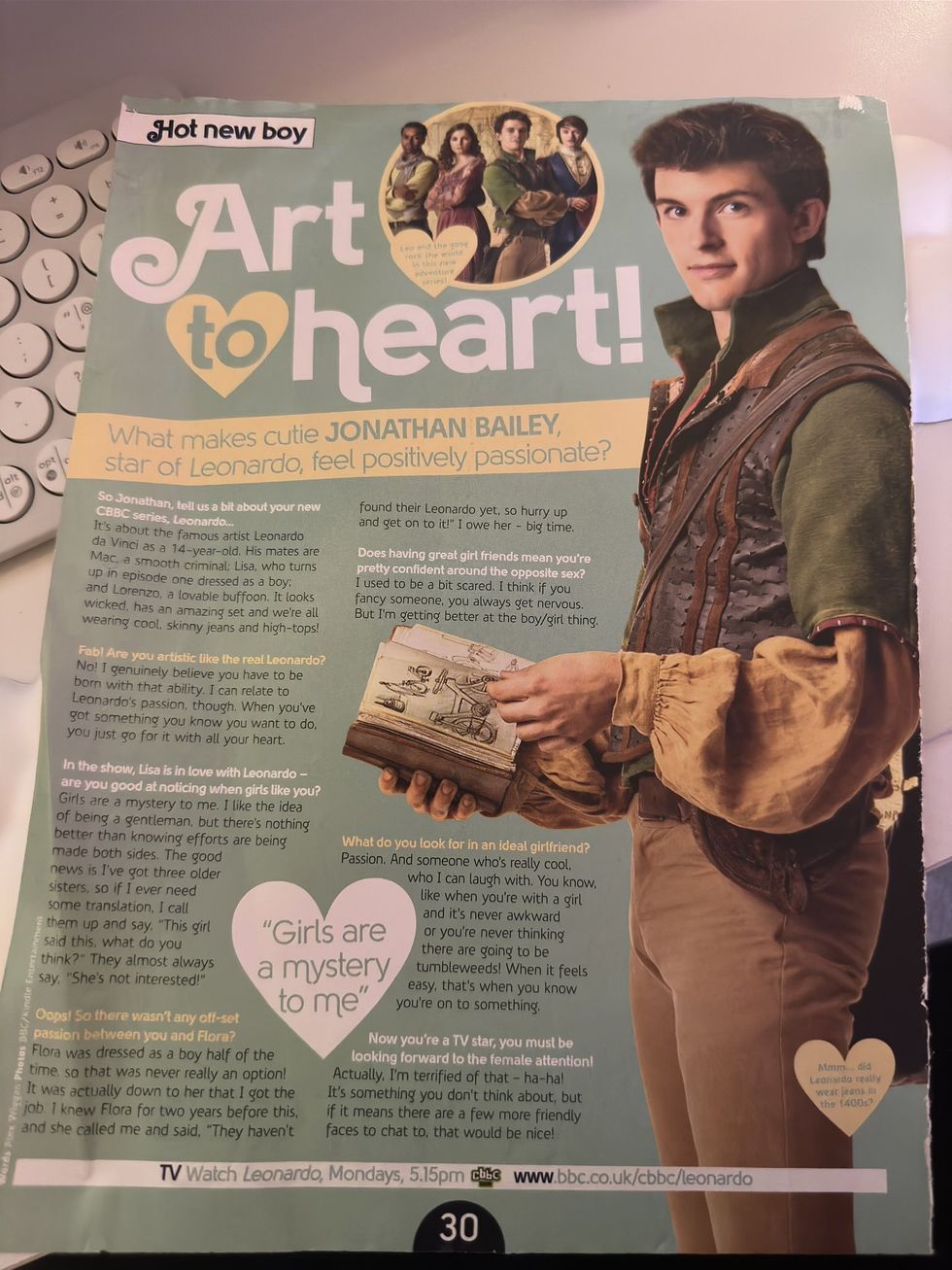 @rneerapps/X
@rneerapps/X